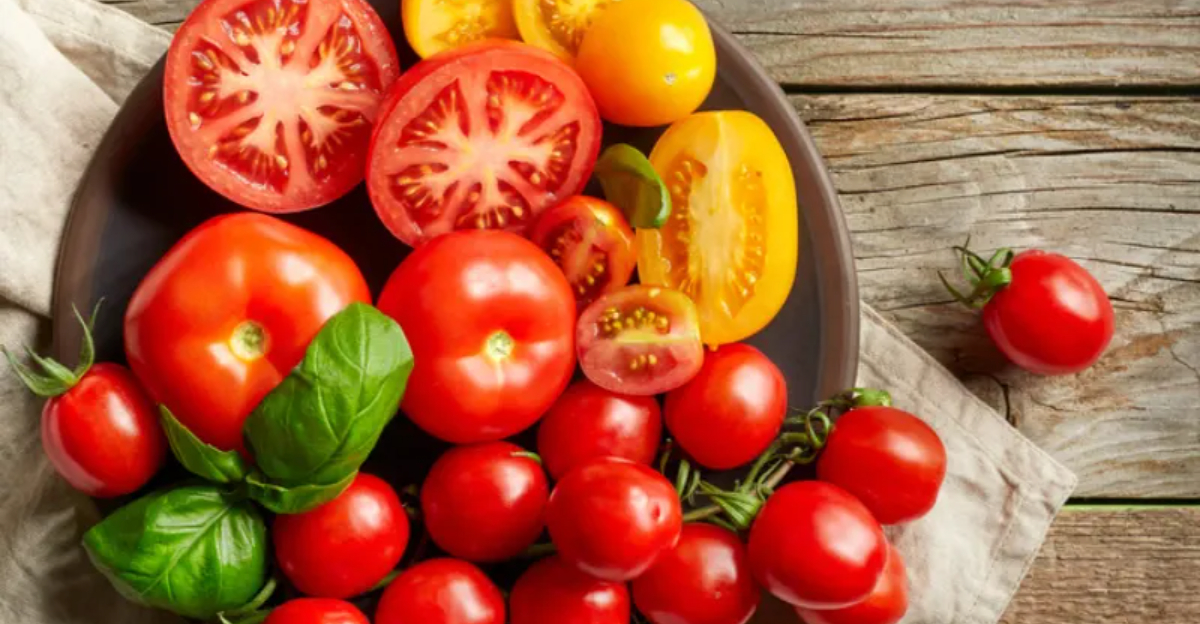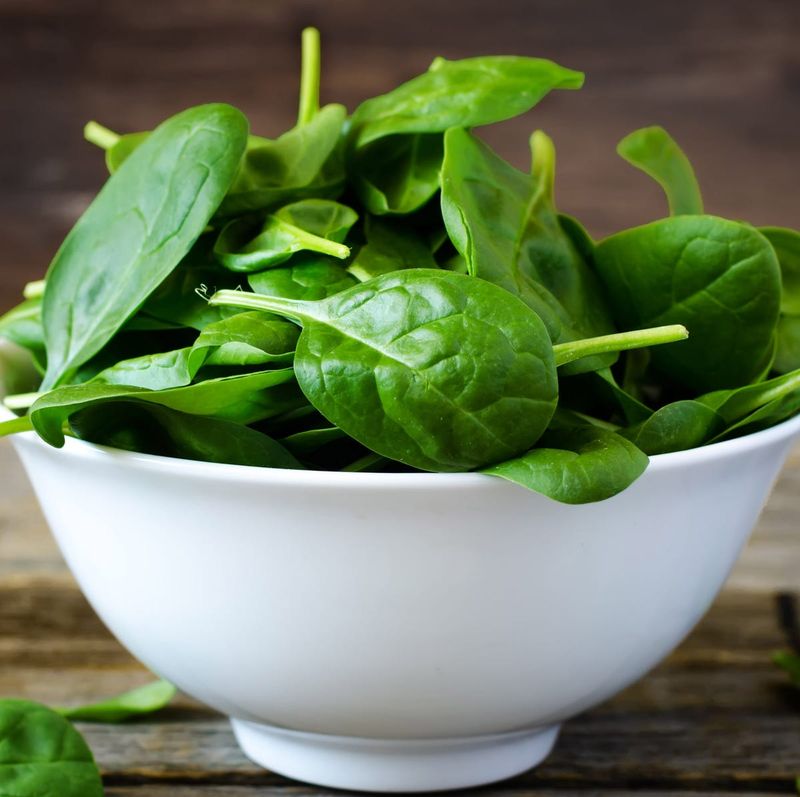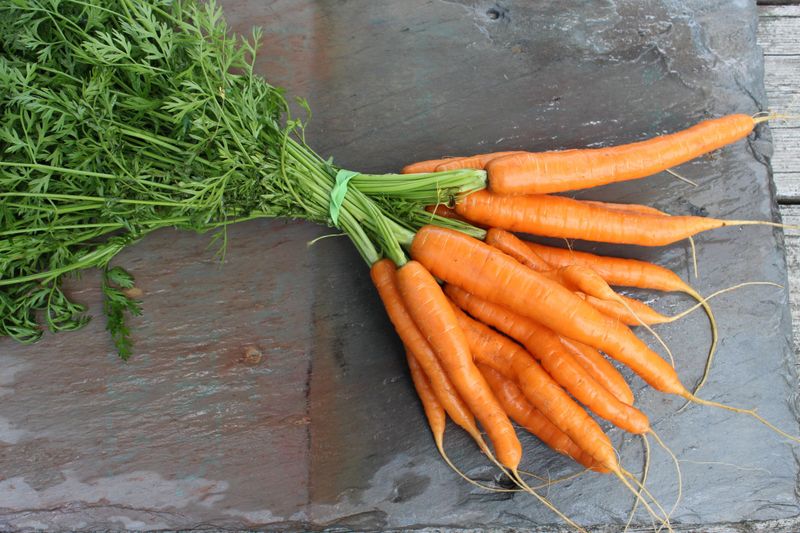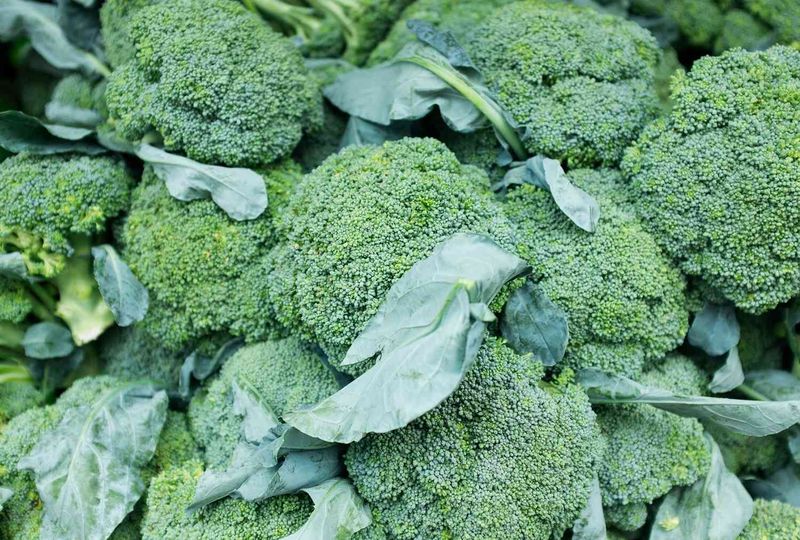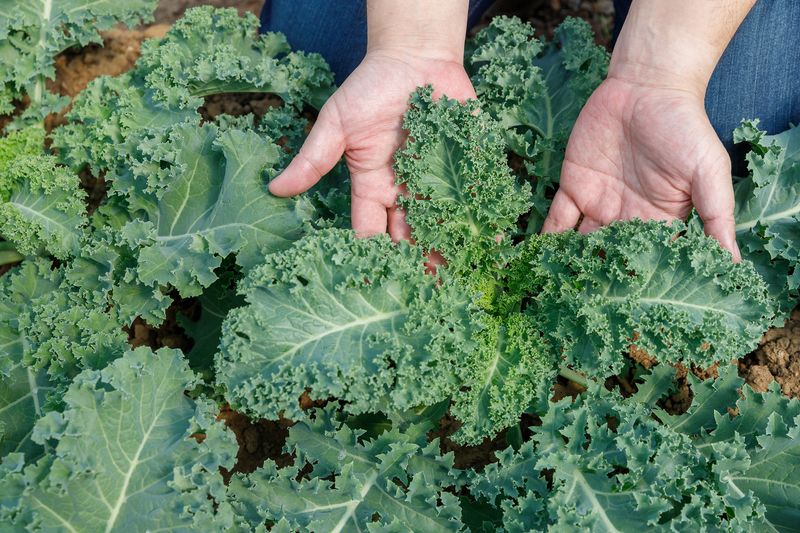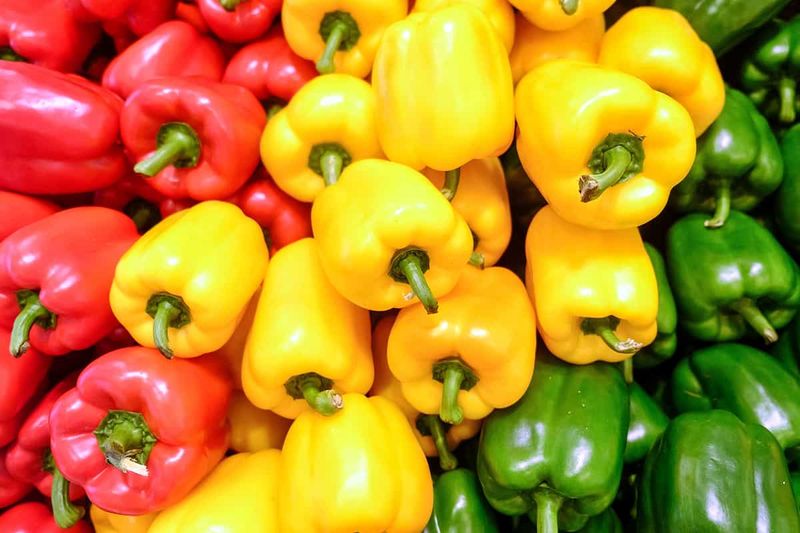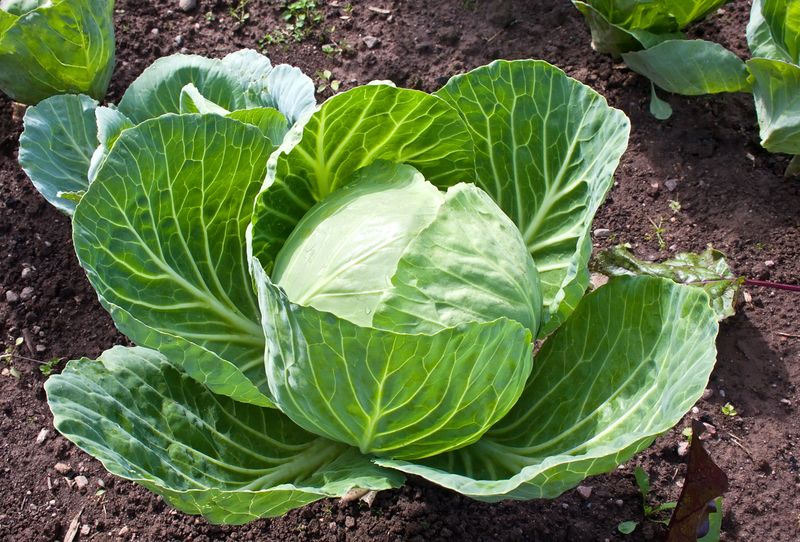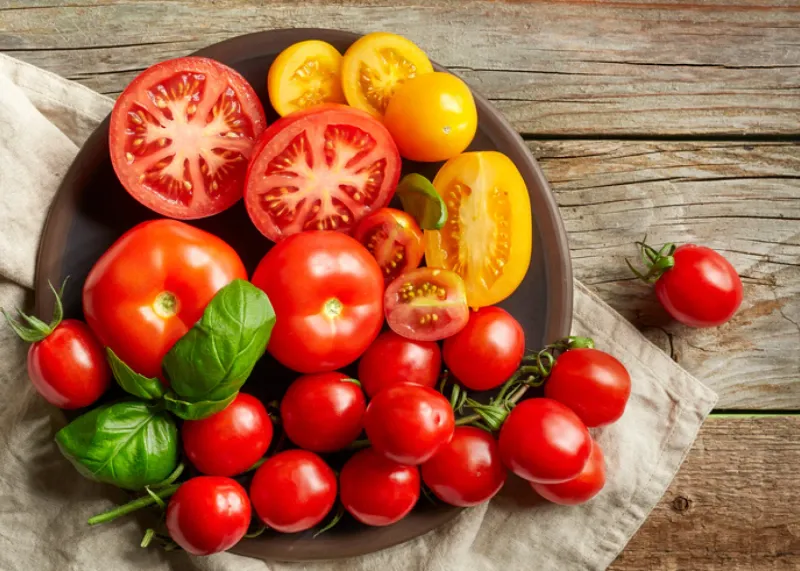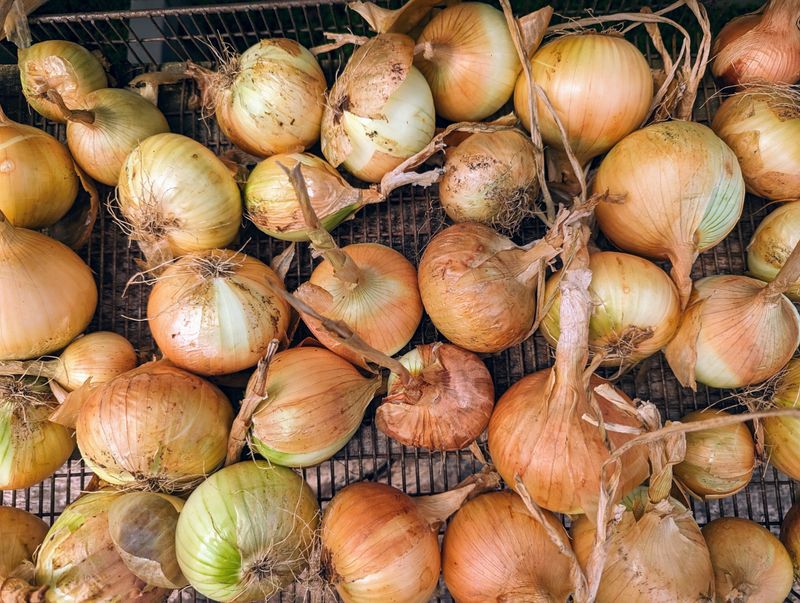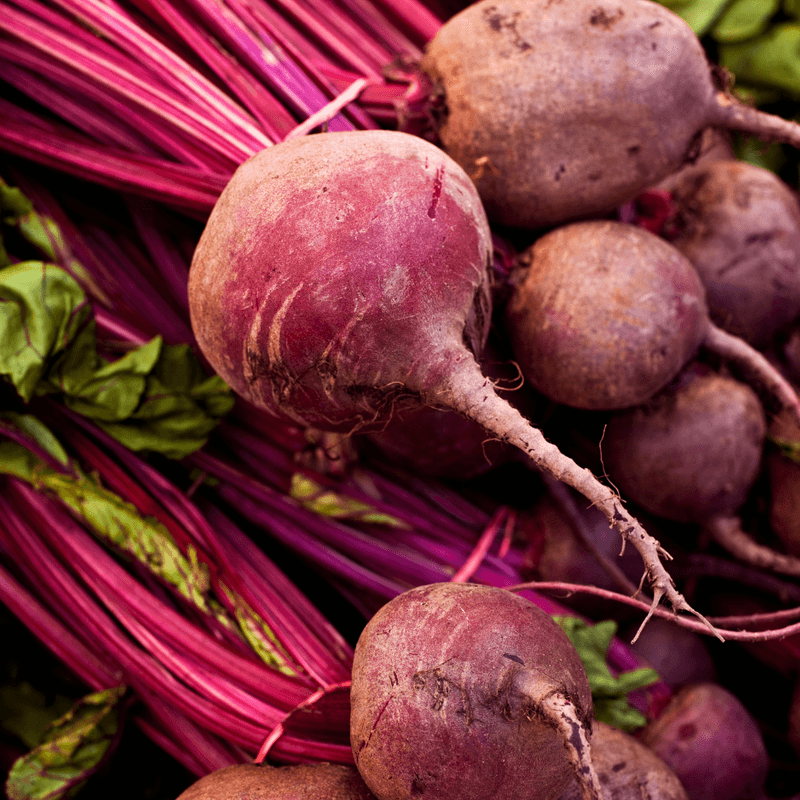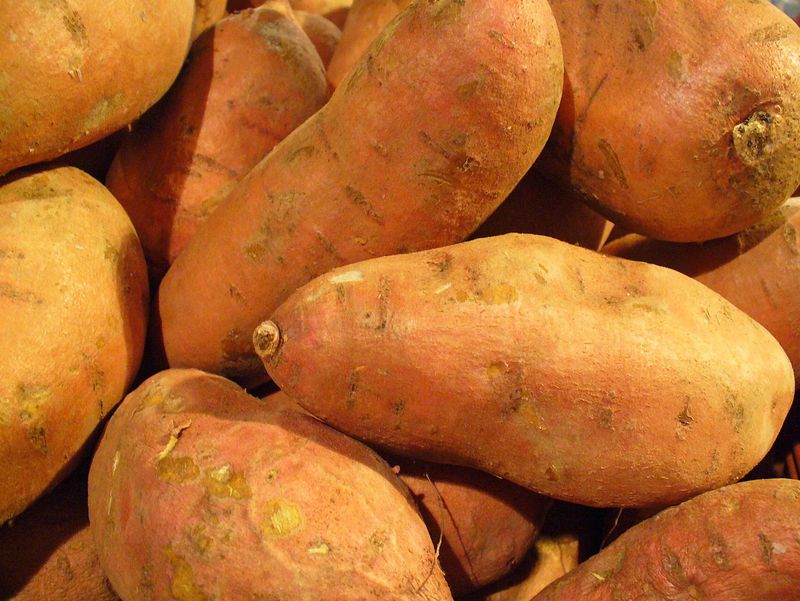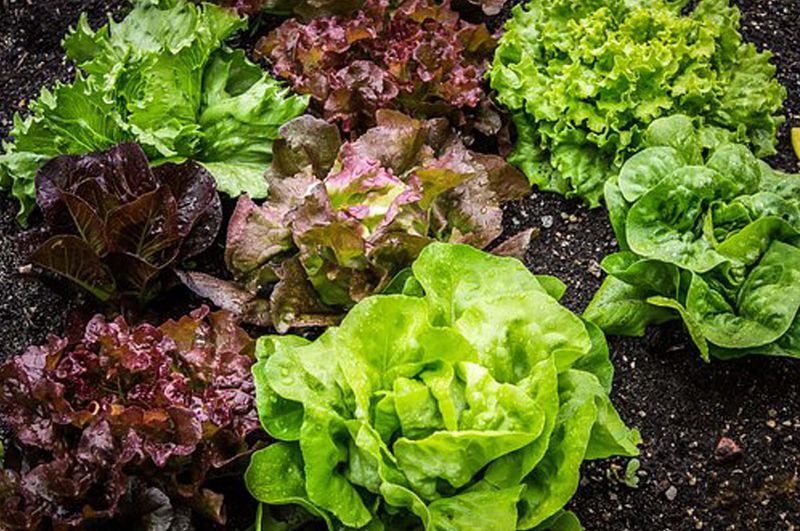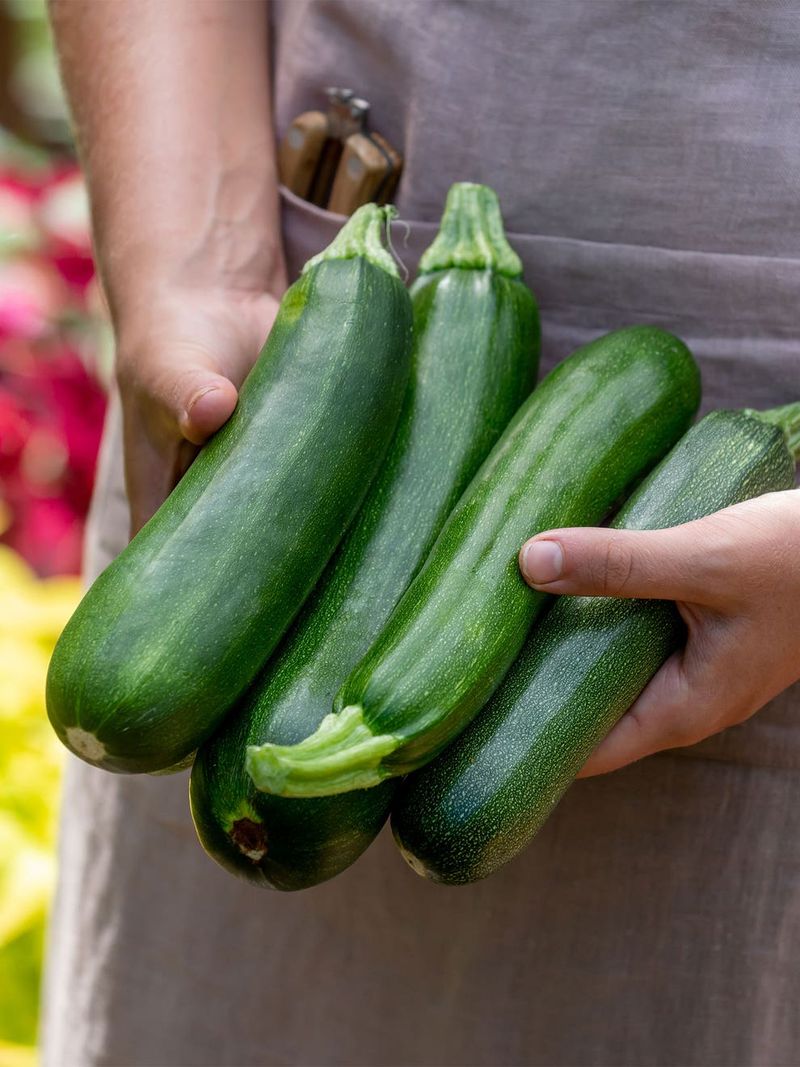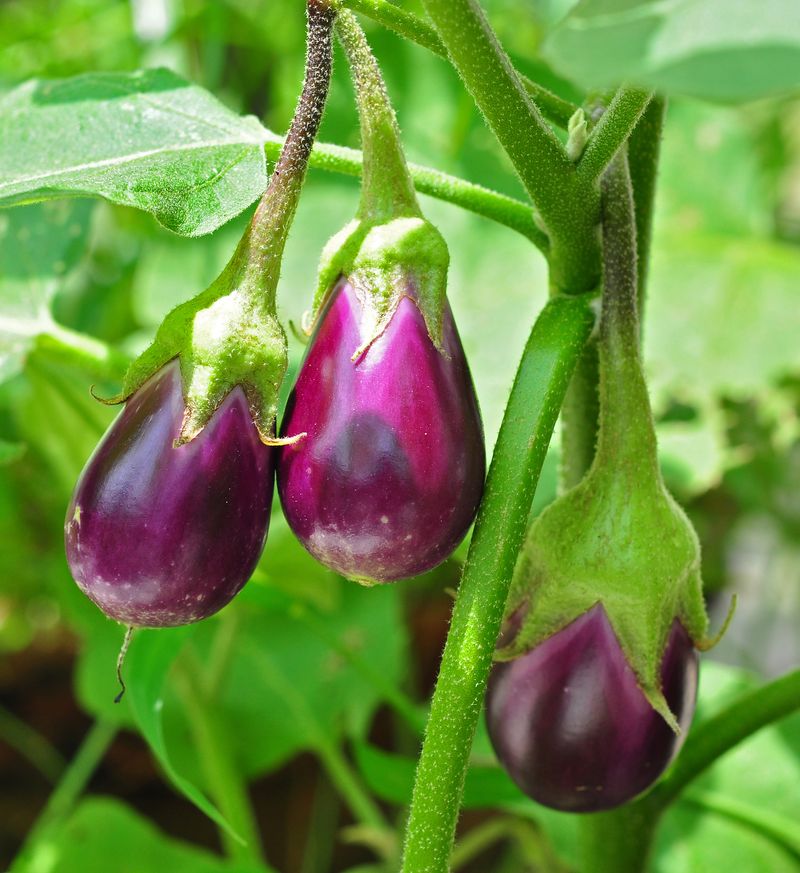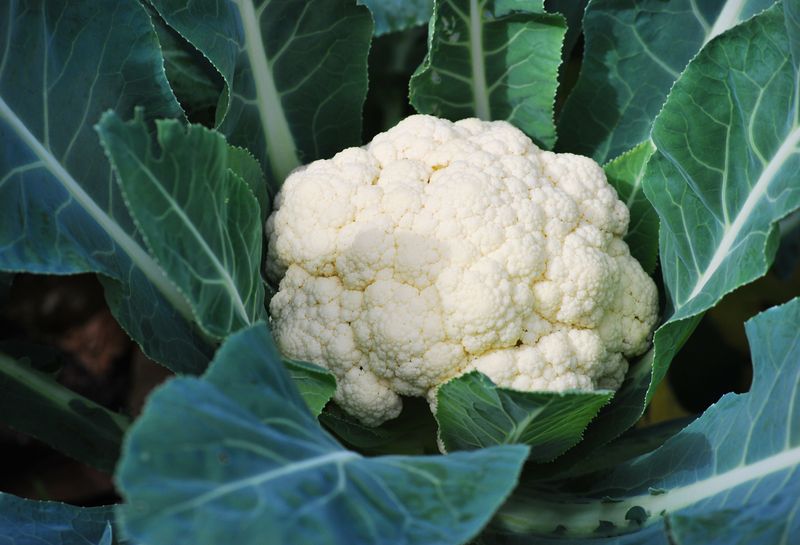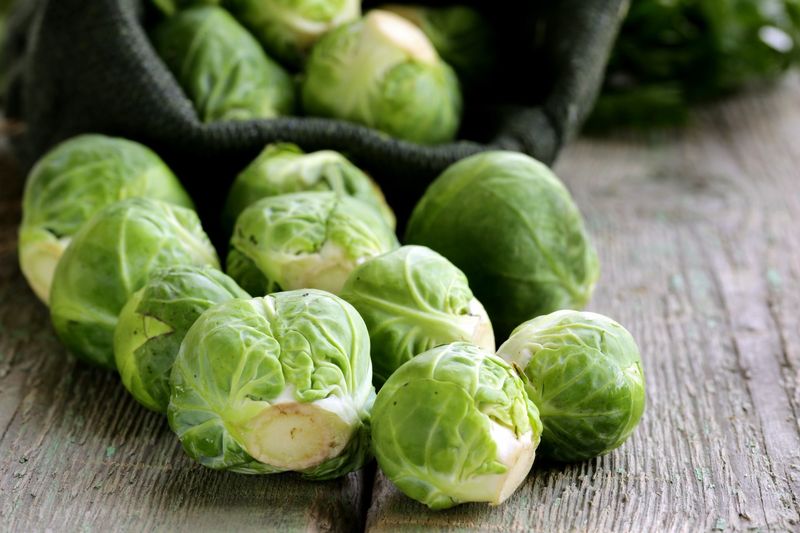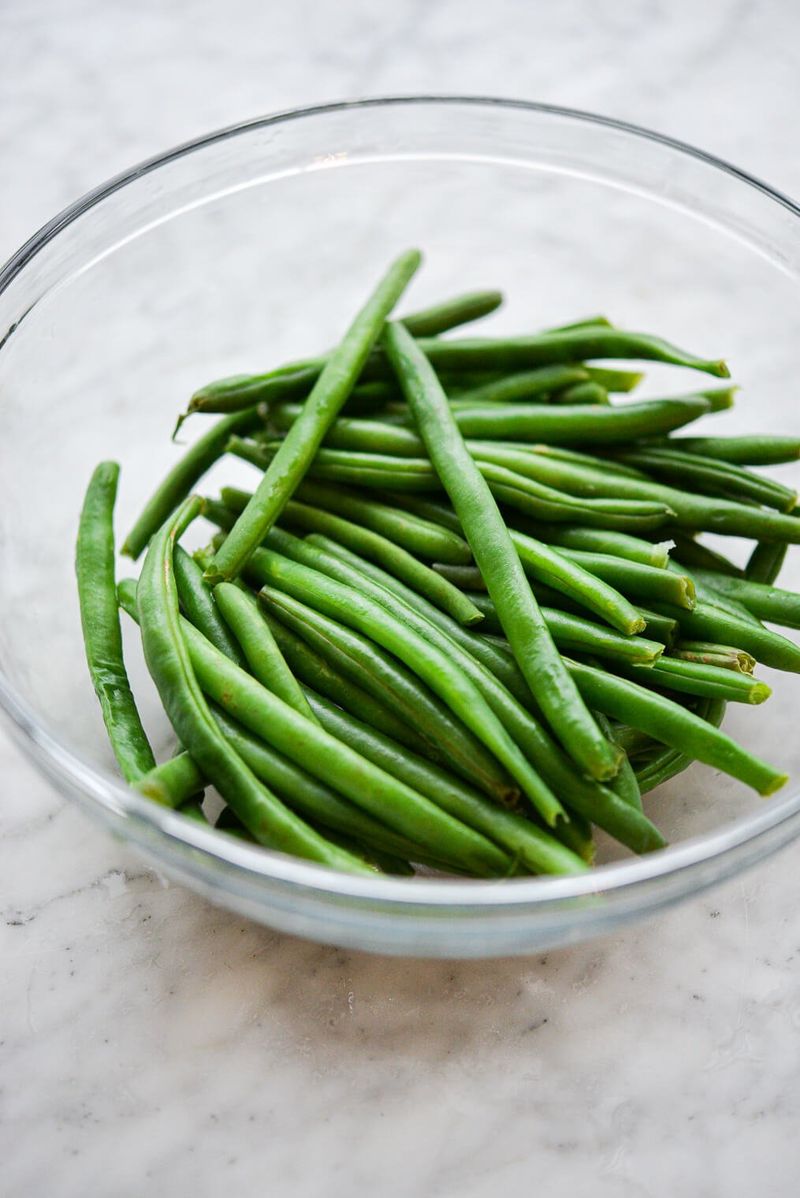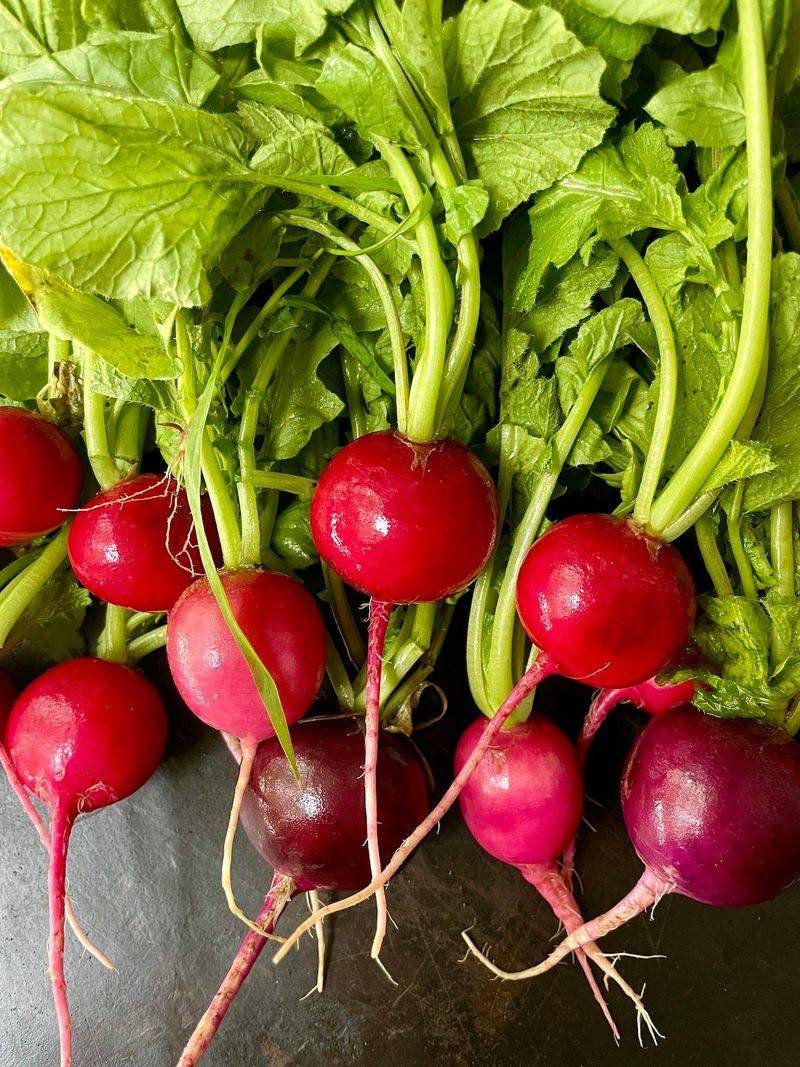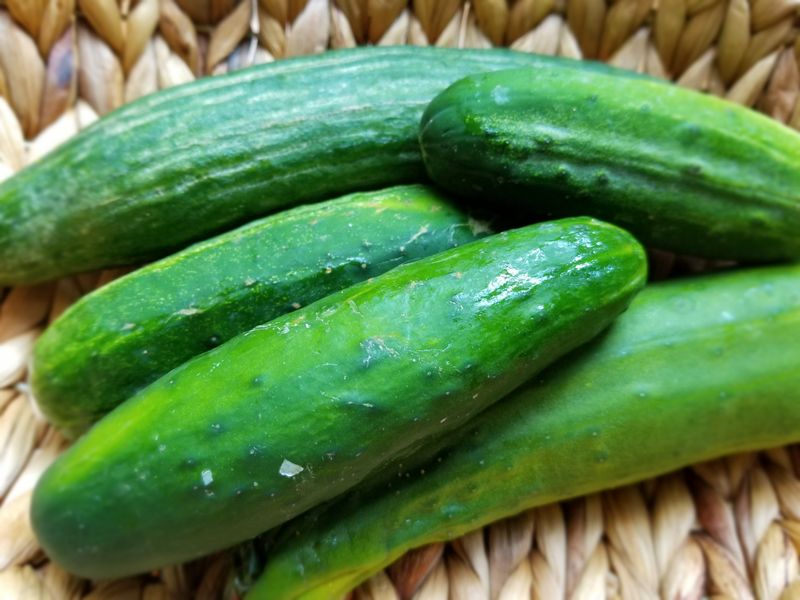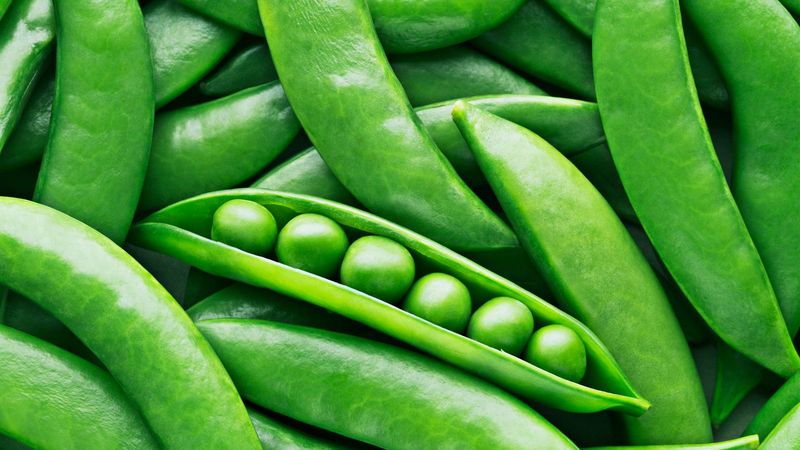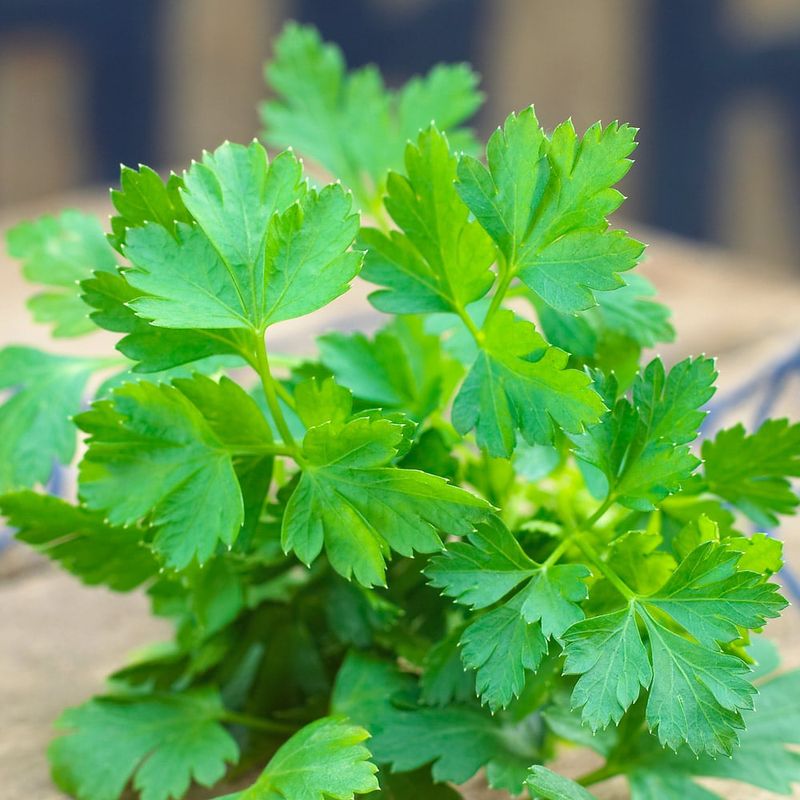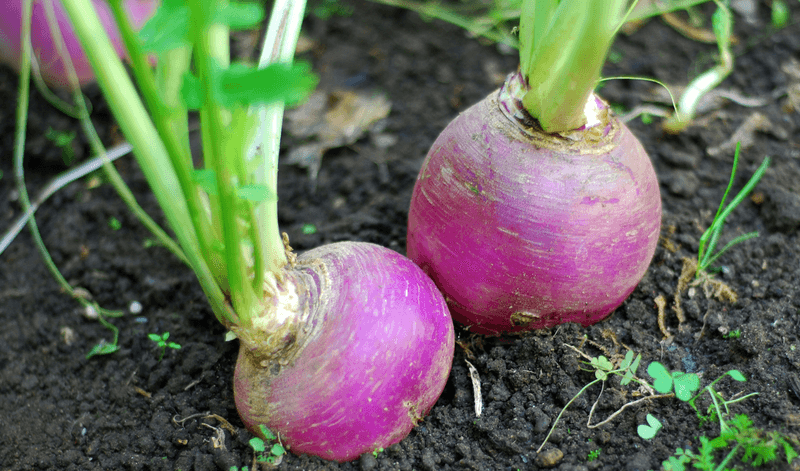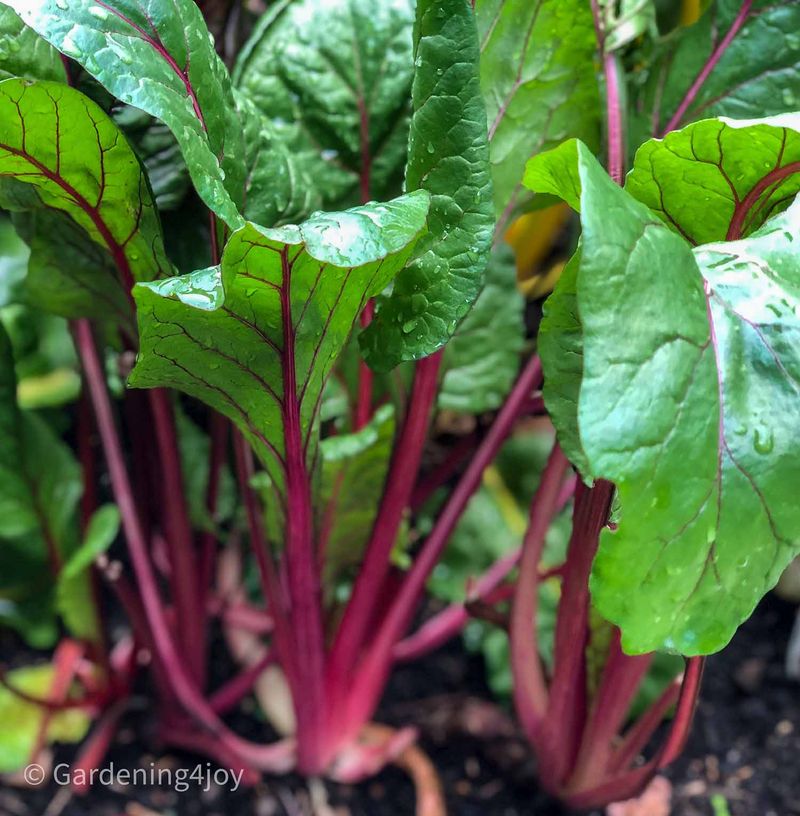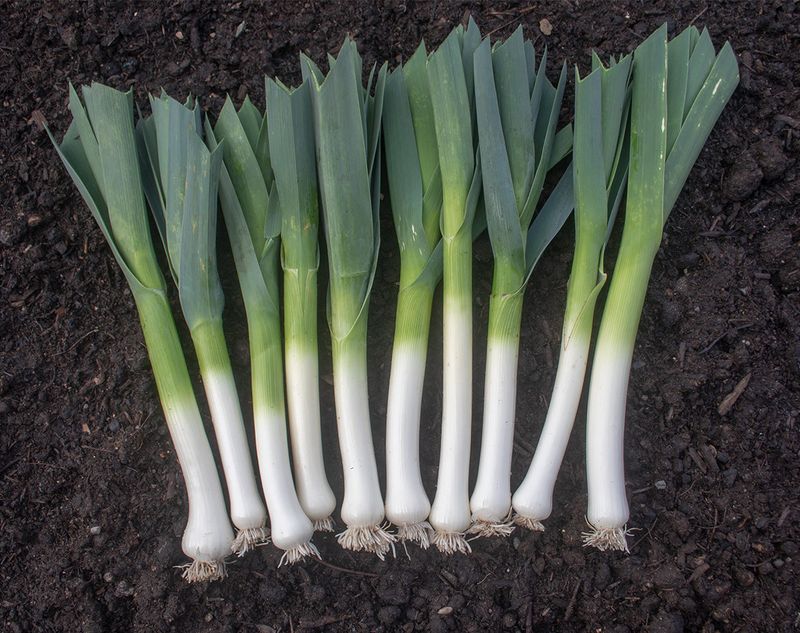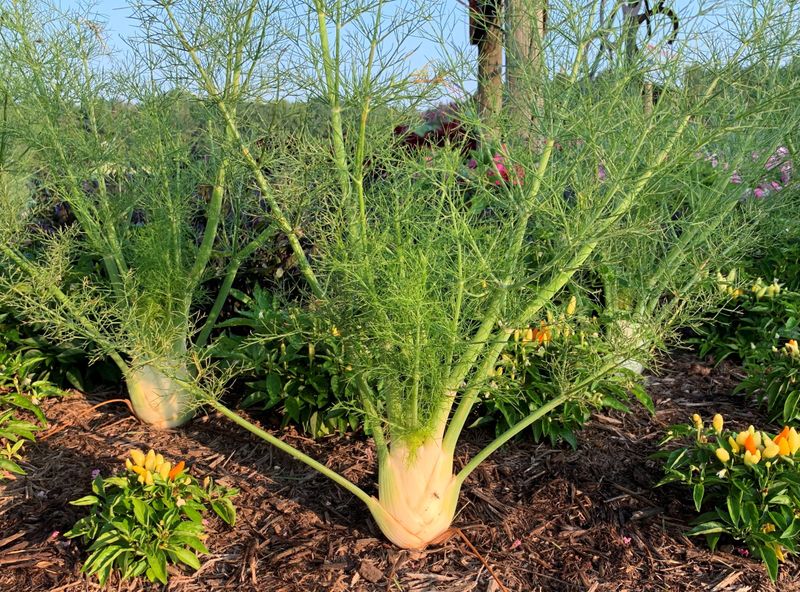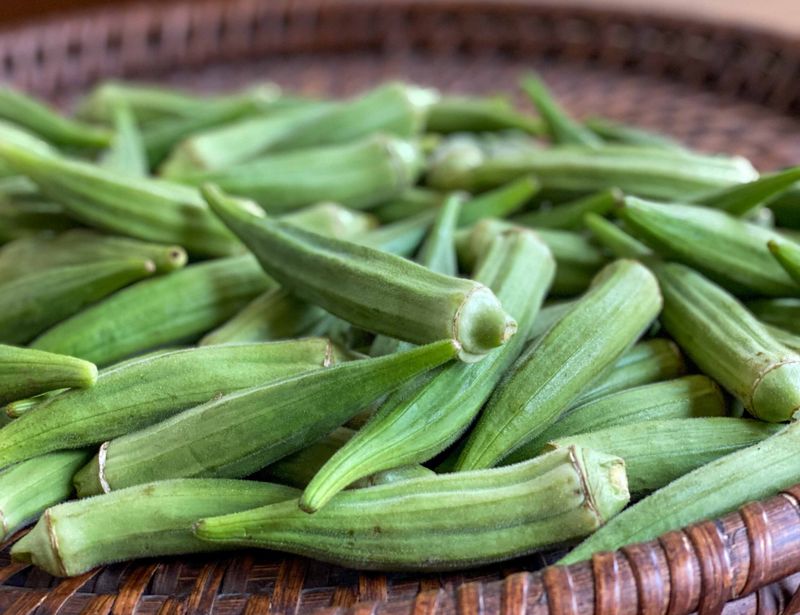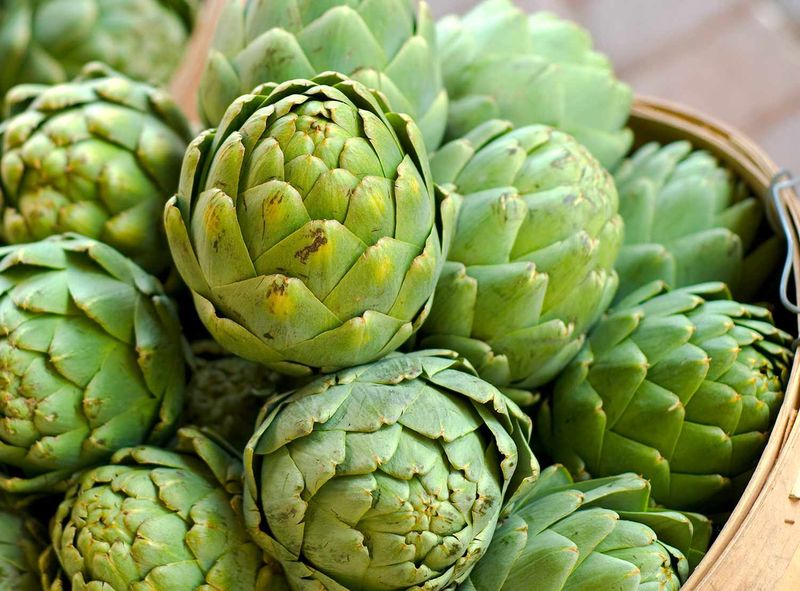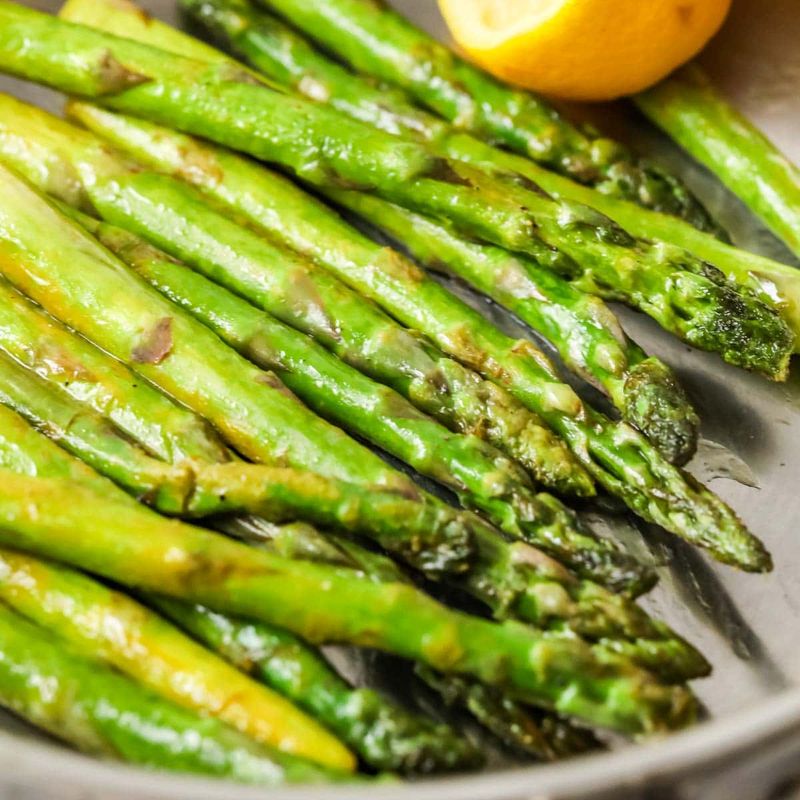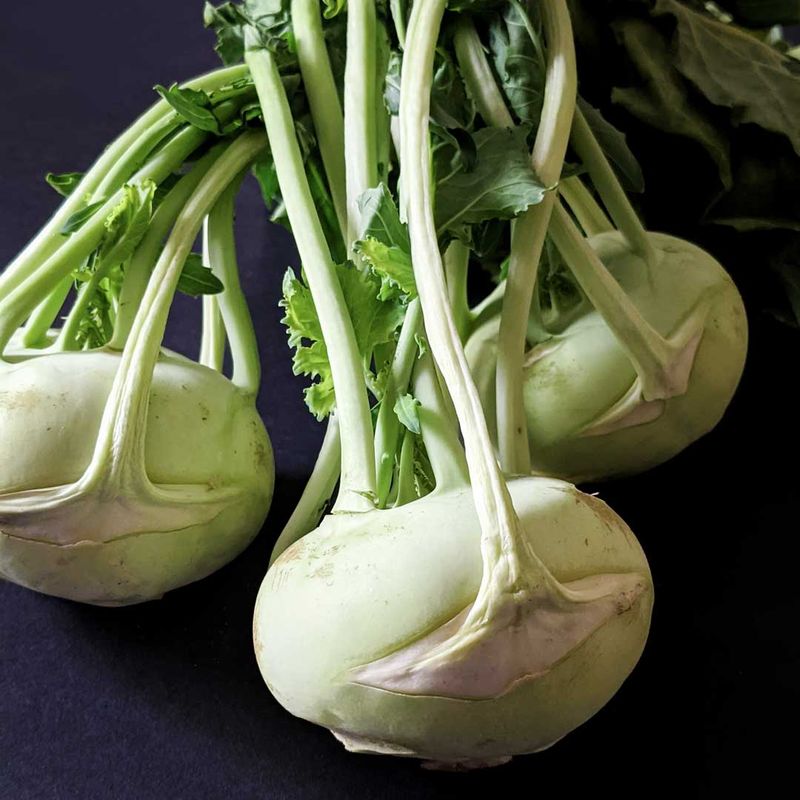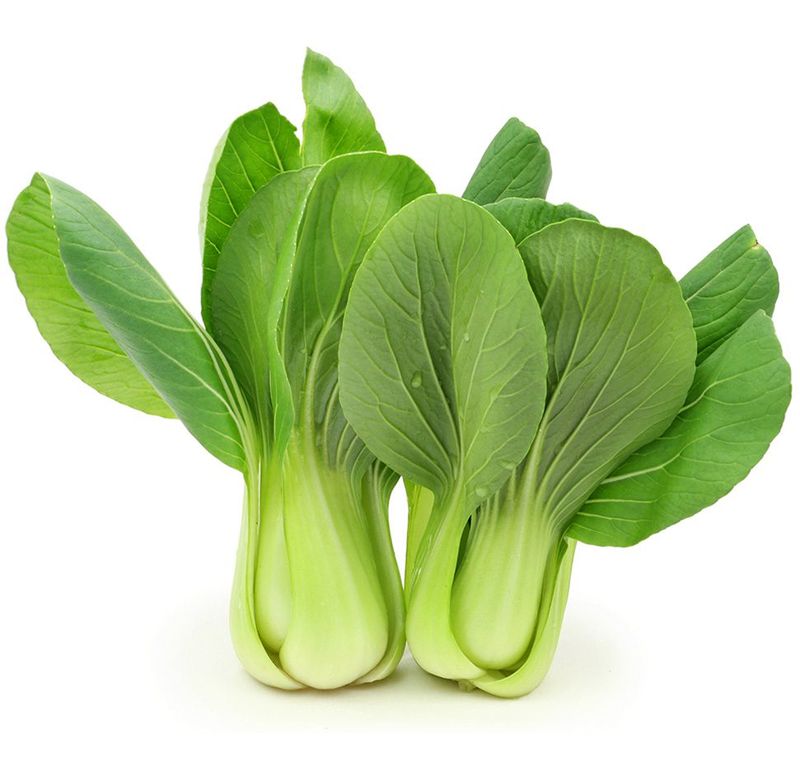Growing your own vegetables is not only rewarding but also immensely beneficial for your health. By cultivating a variety of vegetables in your garden, you obtain fresh, organic produce rich in essential nutrients.
From boosting your immune system to enhancing your skin’s glow, these veggies pack a powerful health punch. Let’s explore 33 vegetables you should consider planting for their incredible health benefits.
1. Spinach
Spinach is a leafy green vegetable packed with nutrients. This powerhouse is rich in iron, calcium, and vitamins A and C. Its tender leaves can be enjoyed in salads, smoothies, or cooked dishes. The versatile nature of spinach makes it a staple in many kitchens.
2. Carrots
Carrots are known for their vibrant orange color, a sign of their high beta-carotene content. Beta-carotene is converted into vitamin A in the body, crucial for good vision and immune function. Enjoy them raw, roasted, or in soups for a sweet, crunchy treat.
3. Broccoli
Broccoli is a cruciferous vegetable renowned for its cancer-fighting properties. Rich in vitamins K and C, fiber, and antioxidants, it supports heart health and bone strength. Steamed, roasted, or raw, it’s a versatile addition to any meal.
4. Kale
Kale is a nutritional powerhouse, offering a rich supply of vitamins A, K, and C. Its leaves are packed with fiber and antioxidants, promoting heart health and reducing inflammation. Whether in salads, smoothies, or chips, kale adds a nutritious boost.
5. Bell Peppers
Bell peppers are vibrant and delicious, offering a wealth of vitamins A and C. These colorful vegetables are low in calories but high in nutrients, supporting immune health and skin vitality. Raw, grilled, or stuffed, they’re a versatile and tasty option.
6. Cabbage
Cabbage is a cruciferous vegetable with a wealth of vitamins C and K, fiber, and antioxidants. Its crunchy texture and mild flavor make it ideal for salads, stir-fries, and soups. Cabbage supports digestive health and may help reduce inflammation.
7. Garlic
Garlic is a flavorful bulb known for its potent health benefits. It’s packed with allicin, which has antimicrobial and antioxidant properties. Garlic supports heart health and may boost immune function. Use it to add depth and flavor to a variety of dishes.
8. Tomatoes
Tomatoes are juicy, flavorful fruits rich in lycopene, an antioxidant linked to reduced risk of heart disease and cancer. They’re also a great source of vitamin C and potassium. Enjoy them fresh, in sauces, or roasted for a healthful addition to any dish.
9. Onions
Onions offer a pungent flavor and are rich in antioxidants, including quercetin. They support heart health and have anti-inflammatory properties. Onions are versatile, adding depth and richness to soups, stews, and salads.
10. Beets
Beets are vibrant root vegetables packed with nutrients like folate, manganese, and nitrates. They support heart health and enhance exercise performance. Roasted, boiled, or juiced, beets add a sweet, earthy flavor to various dishes.
11. Sweet Potatoes
Sweet potatoes are rich in beta-carotene, fiber, and vitamins A and C. They have a natural sweetness and creamy texture, making them perfect for roasting, mashing, or baking. These roots support eye health and boost the immune system.
12. Lettuce
Lettuce is a leafy green vegetable known for its crisp texture and mild flavor. It’s low in calories but rich in vitamins A and K, promoting skin and bone health. Perfect for salads and sandwiches, lettuce adds a refreshing crunch to your meals.
13. Zucchini
Zucchini is a versatile summer squash rich in vitamin C and antioxidants. Its mild flavor and tender texture make it ideal for grilling, roasting, or baking. Zucchini supports digestion and provides hydration with its high water content.
14. Eggplant
Eggplant, with its deep purple skin and creamy white flesh, is a versatile vegetable rich in fiber and antioxidants. It supports heart health and may improve blood sugar control. Grilled, roasted, or stewed, eggplant adds a savory depth to dishes.
15. Cauliflower
Cauliflower is a cruciferous vegetable known for its versatility and nutritional benefits. It’s rich in vitamins C, K, and folate, supporting immune function and bone health. Mashed, roasted, or riced, cauliflower is a healthy alternative to grains.
16. Brussels Sprouts
Brussels sprouts are mini cabbages packed with nutrients like fiber, vitamins C and K. They support heart health and may reduce inflammation. Roasted or steamed, their nutty flavor and crunchy texture make them a delightful side dish.
17. Green Beans
Green beans are crisp, tender pods rich in vitamins A, C, and K, supporting immune and bone health. Their fresh, slightly sweet flavor is perfect for sautéing, steaming, or adding to casseroles. Green beans are a versatile and nutritious addition to meals.
18. Radishes
Radishes are spicy, crunchy roots packed with vitamin C and antioxidants. They support digestive health and add a peppery punch to salads and sandwiches. With their vibrant color and unique flavor, radishes bring a refreshing twist to dishes.
19. Cucumbers
Cucumbers are hydrating vegetables with a crisp, refreshing taste. They’re low in calories but rich in vitamins K and C, supporting skin and bone health. Perfect for salads, sandwiches, or pickling, cucumbers add a cool crunch to your dishes.
20. Peas
Peas are sweet, tender legumes rich in protein, fiber, and vitamins A, C, and K. They support heart health and digestion. Fresh or cooked, peas add a burst of sweetness and nutrition to soups, salads, and stir-fries.
21. Parsley
Parsley is a vibrant green herb rich in vitamins A, C, and K. It supports bone health and has antioxidant properties. Use parsley to add a fresh, peppery flavor to dishes, from salads to sauces. It’s a delightful garnish that enhances any meal.
22. Celery
Celery is a crunchy, hydrating vegetable packed with vitamins K and C. It supports digestive health and provides a refreshing flavor to soups, salads, and snacks. With its low calorie count and high water content, celery is a nutritious and versatile choice.
23. Pumpkin
Pumpkin is a rich source of beta-carotene, fiber, and potassium. Its sweet, creamy flesh is perfect for soups, pies, and roasting. Pumpkin supports eye health and boosts the immune system, making it a nutritious addition to your garden and table.
24. Turnips
Turnips are root vegetables rich in vitamin C and fiber. They support digestive health and have a mild, peppery flavor. Enjoy turnips roasted, mashed, or in soups for a nutritious and hearty addition to your diet.
25. Chard
Chard is a leafy green vegetable rich in vitamins A, K, and C, supporting eye and bone health. Its colorful stems and dark green leaves add a visual appeal and a slightly bitter flavor to dishes. Sautéed or fresh, chard is a nutritious choice.
26. Leeks
Leeks are flavorful, onion-like vegetables rich in vitamins A and K. They support heart health and have mild, sweet flavor when cooked. Use leeks to add depth to soups, stews, and casseroles, or enjoy them sautéed as a side dish.
27. Fennel
Fennel is a flavorful vegetable with a unique anise-like taste. It’s rich in vitamin C and fiber, supporting digestive health. Use fennel raw in salads or roasted for a sweet, caramelized flavor. Its crunchy texture and aromatic flavor enhance any dish.
28. Okra
Okra is a versatile vegetable known for its unique texture and high fiber content. It’s rich in vitamins A and C, supporting immune health. Whether fried, grilled, or in gumbo, okra adds a distinct flavor and nutrition to your meals.
29. Artichokes
Artichokes are nutrient-dense vegetables rich in fiber, vitamins C and K. They support digestive health and have a unique, nutty flavor. Boiled or roasted, artichokes are a delicious and nutritious addition to your diet.
30. Asparagus
Asparagus is a spring vegetable rich in vitamins A, C, and K. It supports heart health and provides a fresh, grassy flavor. Grilled, steamed, or roasted, asparagus is a versatile and nutritious addition to any meal.
31. Rhubarb
Rhubarb is a tart, flavorful vegetable often used in desserts. It’s rich in vitamin K and calcium, supporting bone health. Enjoy rhubarb in pies, crisps, or jams for a unique, tangy flavor that adds a delightful twist to dishes.
32. Kohlrabi
Kohlrabi is a crunchy cruciferous vegetable rich in vitamins C and B6. It supports immune health and has a sweet, peppery flavor. Enjoy kohlrabi raw in salads or cooked in stir-fries for a nutritious and flavorful addition to your meals.
33. Bok Choy
Bok choy is a Chinese cabbage rich in vitamins A, C, and K. It supports bone health and provides a mild, sweet flavor. Stir-fried, steamed, or in soups, bok choy is a nutritious and versatile vegetable that enhances any dish.
